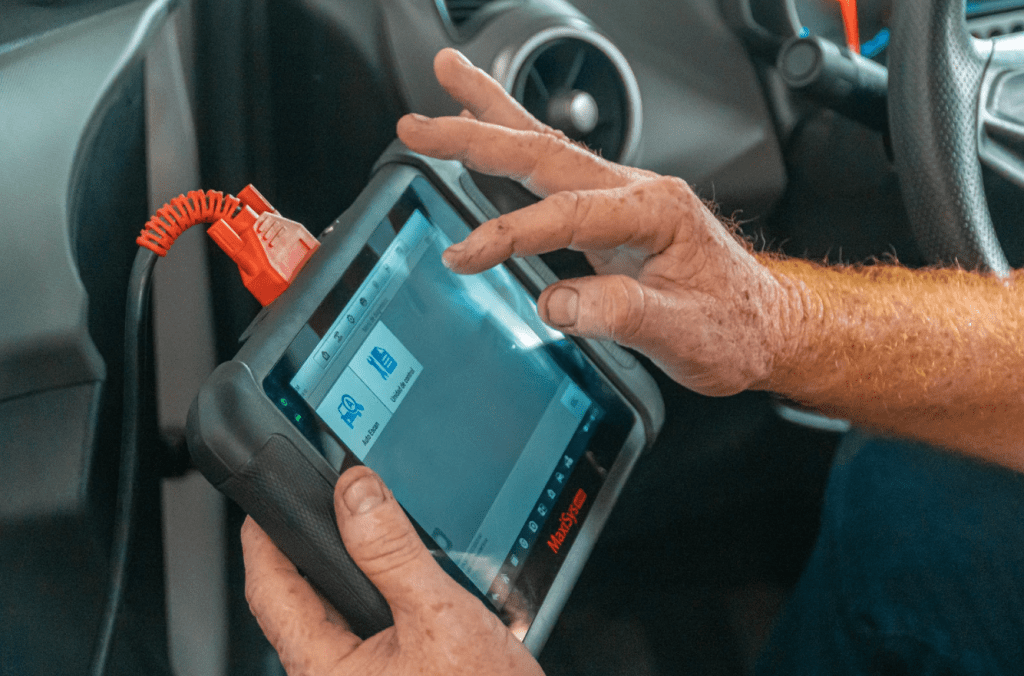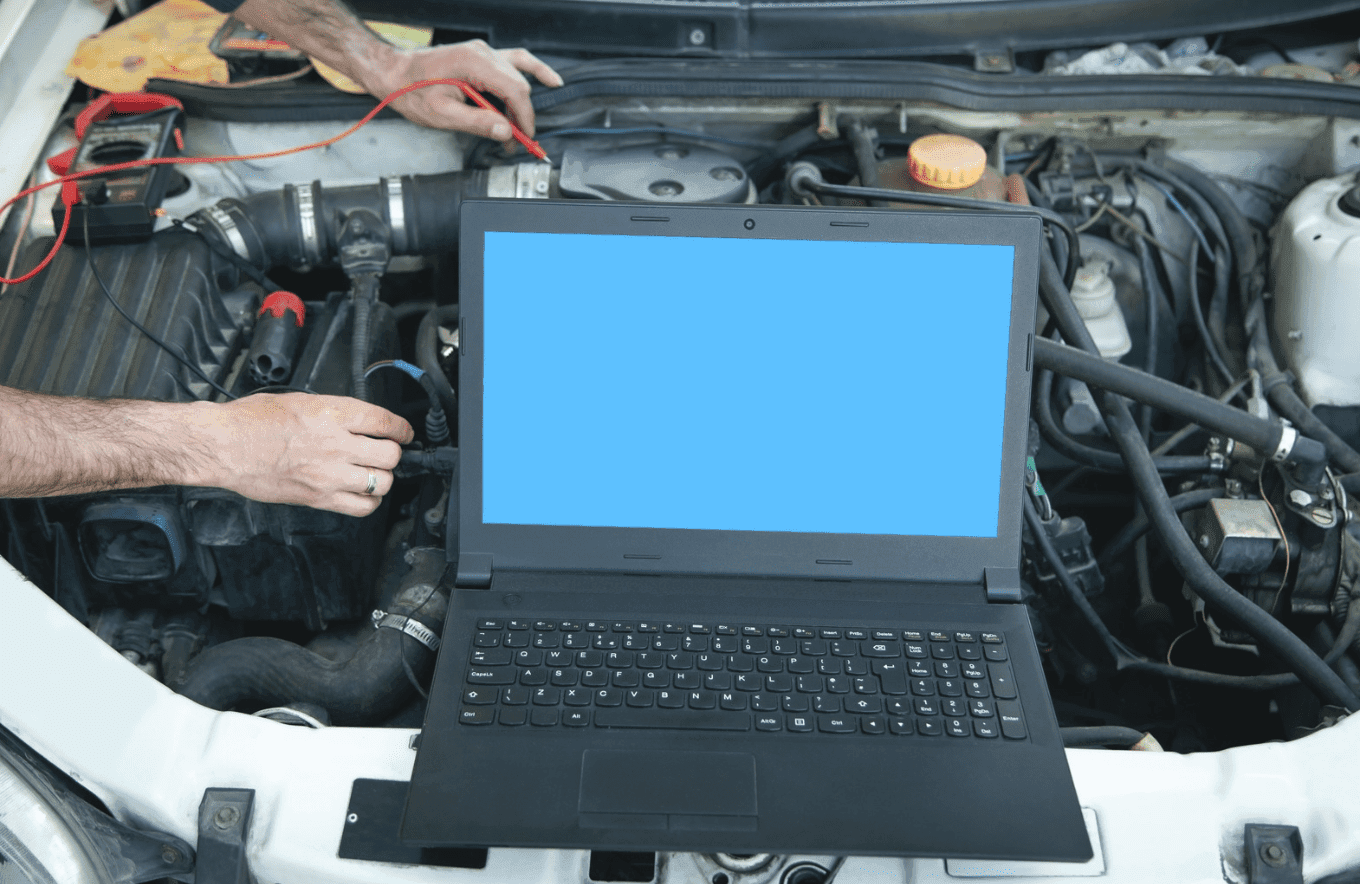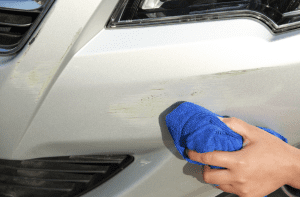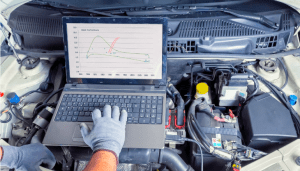Diagnostic testing for cars near me plays a crucial role in keeping your vehicle running smoothly, understand the importance of reliable diagnostic testing when it comes to maintaining and repairing vehicles. When your car’s check engine light illuminates or you notice drivability issues, our expert technicians and state-of-the-art diagnostic equipment are here to help.
Our comprehensive diagnostic testing for cars – our services utilize advanced scanning tools to quickly and accurately uncover any trouble codes, identify the cause of the problem, and recommend the next steps for repair.
diagnostic testing for cars near me – tips for choosing the best body shop
Choosing the right body shop for diagnostic testing for cars near me and car repairs is essential to ensure accurate and reliable results. With a multitude of options available, consider the following factors when selecting the best body shop for your diagnostic needs:
- Expertise: body shop that specializes in diagnostic testing for cars, repairs, and maintenance. Look for skilled mechanics who possess in-depth knowledge of various diagnostic techniques, including engine performance, transmission, brakes, and more.
- Advanced Tools and Equipment: Ensure that the body shop is equipped with cutting-edge diagnostic tools and scanning equipment. State-of-the-art technology allows for quick and precise scans, facilitating the identification of trouble codes and the pinpointing of underlying issues.
- Certified Technicians: Verify that the technicians at the body shop are certified and experienced in providing diagnostic services. Their expertise and training will guarantee a thorough inspection and accurate diagnosis of your vehicle.
- Comprehensive Services: Choose a reputable body shop that offers a comprehensive range of diagnostic services, encompassing engine diagnostics, visual inspections, fuel system analysis, and more.
- Reputation and Reviews: Check the body shop’s reputation and customer reviews to assess their reliability and customer satisfaction. Pay attention to testimonials that highlight their ability to diagnose and resolve problems accurately.
- Timeliness and Efficiency: Prioritize a body shop that values efficiency and timely service. A quick and accurate diagnosis helps you understand the problem sooner and gets your vehicle back on the road promptly.
- Manufacturer Certifications: If your vehicle is under warranty, ensure that the body shop is certified by the manufacturer to perform diagnostics and repairs. This certification ensures that the warranty remains valid.
- Transparent Communication: Select a body shop that maintains open and transparent communication throughout the diagnostic process. They should provide clear explanations of the problem, potential solutions, and associated costs.
- Recommendations and Referrals: Seek recommendations from friends, family, or trusted sources who have had positive experiences with a particular body shop for diagnostic testing.
- Pricing and Warranty: While pricing should not be the sole determining factor, consider competitive rates and any warranties or guarantees offered by the body shop for their diagnostic services.
By considering these factors, you can confidently choose a body shop that specializes in diagnostics and provides accurate and reliable services.
for diagnostic testing for cars contact us now

The Value of Diagnostic Testing for cars
diagnostic testing for cars provides value by offering early detection of problems, accurate diagnosis, cost and time savings, improved performance, preventive maintenance, safety assurance, efficient repairs, and warranty compliance.
Benefits of Car Diagnostic Tests
diagnostic testing for cars provides early problem detection, accurate diagnosis, time and cost savings, enhanced performance, preventive maintenance, safety assurance, efficient repairs, and warranty compliance.
How Often Are Car Diagnostic Tests Needed?
The frequency of car diagnostic tests can vary depending on factors such as the age and condition of the vehicle, the manufacturer’s recommendations, and any existing issues or symptoms. As a general guideline, it is recommended to have a car diagnostic test performed at least once a year or during routine maintenance visits. However, if you notice any unusual symptoms or warning signs, it is advisable to have a diagnostic test done as soon as possible to identify and address any potential problems.
Car Repair Services: Importance of Professional Maintenance and Repair
How long does it take to do a diagnostic testing for car?
The duration of diagnostic testing for cars can vary depending on the complexity of the issue and the specific diagnostic procedures required. On average, a diagnostic test can take anywhere from 30 minutes to a few hours. However, it’s important to note that more extensive or complicated diagnostics may require additional time for thorough analysis and troubleshooting.
Can I do a diagnostic test on my car?
While some basic diagnostic tests can be performed by car owners using handheld code readers or diagnostic tools.
but more advanced and in-depth diagnostics are typically best left to trained professionals. Professional technicians have access to specialized equipment and extensive knowledge to accurately interpret diagnostic codes and identify complex issues.
It is recommended to consult a professional mechanic or visit a reputable auto repair shop to ensure a comprehensive and accurate diagnostic test for your car.
How A Car Diagnostic Test Works
During diagnostic testing for cars, a specialized diagnostic tool is connected to the vehicle’s onboard diagnostic (OBD) system via the OBD-II port.
The diagnostic tool communicates with the car’s computer systems, retrieves data, and performs various tests to identify any issues or malfunctions.
It reads diagnostic trouble codes (DTCs) generated by the car’s computer when a problem is detected. These codes provide specific information about the nature and location of the problem.
The diagnostic tool also allows technicians to view live data streams, monitor sensor readings, perform system tests, and clear codes.
By analyzing the retrieved information and interpreting the codes, technicians can accurately diagnose the problem and recommend appropriate repairs or maintenance actions.
call us at (713)243-3535





